A Phase-Locked Loop (PLL) gives design a heartbeat. Despite its minute footprint, it has many purposes such as being part of the clock generation circuits, on-chip digital temperature sensor, process control monitoring in the scribe-line or as baseline circuitry to facilitate an effective measurement of the design’s power… Read More
 Musk's new job as Samsung Fab Manager - Can he disrupt chip making? Intel outside- Musk chip lifeline to Samsung comes with…Read More
Musk's new job as Samsung Fab Manager - Can he disrupt chip making? Intel outside- Musk chip lifeline to Samsung comes with…Read More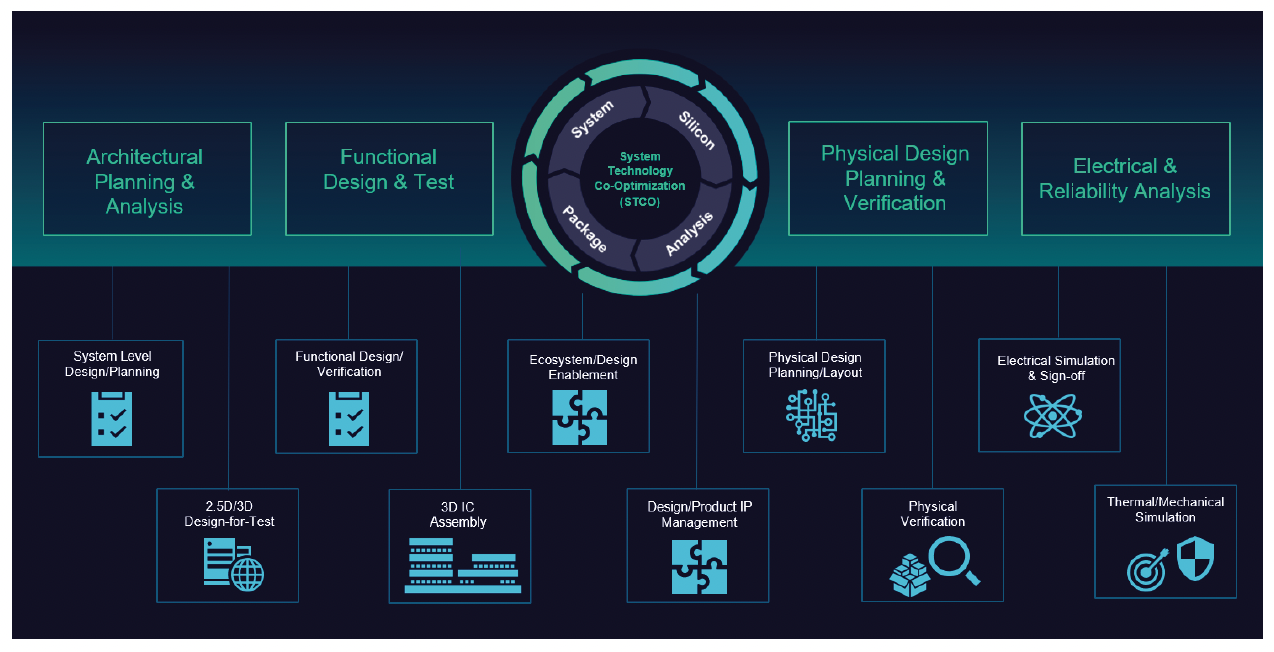 Enabling the Ecosystem for True Heterogeneous 3D IC DesignsThe demand for higher performance, greater configurability, and…Read More
Enabling the Ecosystem for True Heterogeneous 3D IC DesignsThe demand for higher performance, greater configurability, and…Read More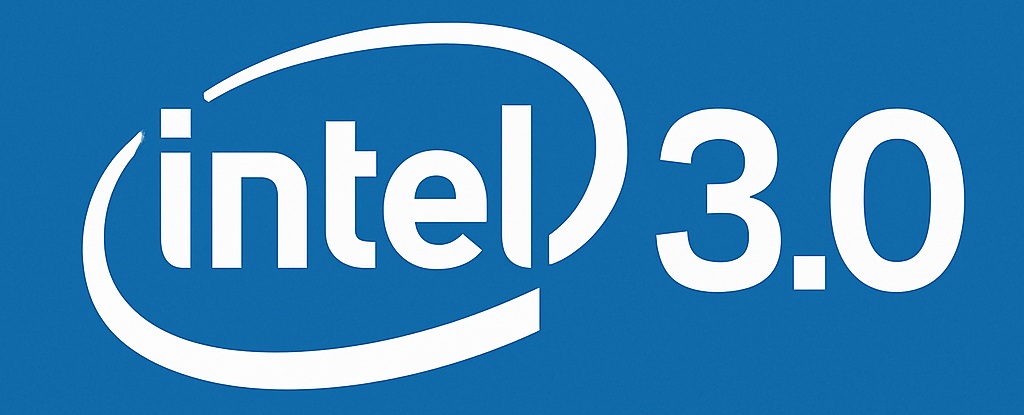 Why I Think Intel 3.0 Will SucceedProbably one of the most anticipated semiconductor investor…Read More
Why I Think Intel 3.0 Will SucceedProbably one of the most anticipated semiconductor investor…Read More Griffin Securities’ Jay Vleeschhouwer on EDA Acquisitions and StartupsJay Vleeschhouwer, Managing Director of Software Research at…Read More
Griffin Securities’ Jay Vleeschhouwer on EDA Acquisitions and StartupsJay Vleeschhouwer, Managing Director of Software Research at…Read MoreFDSOI Status and Roadmap
FDSOI is gaining traction in the market place. At their foundry forum in May, Samsung announced they have 17 FDSOI products in high volume manufacturing (you can read Tom Dilliger’s write up of the Samsung Foundry Forum here). At SEMICON West in July, GLOBALFOUNDRIES (GF) announced FDSOI design wins worth $2 billion dollars in … Read More
SEMICON West – Soitec is becoming a key enabler
A variety of growing and emerging segments of the semiconductor industry rely on Silicon-On-Insulator (SOI) wafers. Soitec is the primary source for SOI wafers particularly on 300mm. On Tuesday at SEMICON I got to sit down with Bernard Aspar, Soitec’s Executive Vice President, Communication & Power BU and Christophe… Read More
Maximize Bandwidth in your Massively Parallel AI SoCs?
Artificial Intelligence is one of the most talked about topics on the conference circuit this year and I don’t expect that to change anytime soon. AI is also one of the trending topics on SemiWiki with organic search bringing us a wealth of new viewers. You may also have noticed that AI is a hot topic for webinars like the one I am writing… Read More
TI Patent Priorities
This is the seventh in the series of “20 Questions with Wally Rhines”
Probably the most innovative person I met at Texas Instruments, other than Jack Kilby, was Ken Bean. Ken had a list of patents that would impress even the most skeptical. He started his career at Eagle Picher and came to TI in the mid 1960s. He was a warm,… Read More
Aprisa and Apogee – The New Avatars
Earlier physical optimization impacts a design QoR gain and can disclose potential hurdles in dealing with unknown design variants such as new IP inclusion or new process node issues. Along the RTL-to-GDS2 implementation continuum, a left-shift move requires a robust modeling and proper context captures in order to produce… Read More
A Last-Level Cache for SoCs
We tend to think of cache primarily as an adjunct to processors to improve performance. Reading and writing main memory (DRAM) is very slow thanks to all the package and board impedance between chips. If you can fetch blocks of contiguous memory from the DRAM to a local on-chip memory, locality of reference in most code ensures much… Read More
Machine Learning and Embedded FPGA IP
Machine learning-based applications have become prevalent across consumer, medical, and automotive markets. Still, the underlying architecture(s) and implementations are evolving rapidly, to best fit the throughput, latency, and power efficiency requirements of an ever increasing application space. Although ML is … Read More
SEMICON West Intel 10nm and GF 7nm Update
SEMICON West seemed a little slow last week but maybe it was just me. I’m sure SEMI will come out with record breaking numbers but I did not see it in the exhibit hall (see the video). What I did see was hundreds of exhibitors but I had no idea what they did. San Francisco again was very congested and smelly. I talked to a friend who is in public… Read More
Accelerated Verification with Synopsys
At DAC 2018, Synopsys held a lunch panel discussing verification challenges faced by the industry leaders, their adopted approaches and the overall verification technology trends. This panel of industry experts from Intel, AMD, Samsung, STM and Qualcomm also shared their viewpoints on what drives the SoC complexity and how… Read More

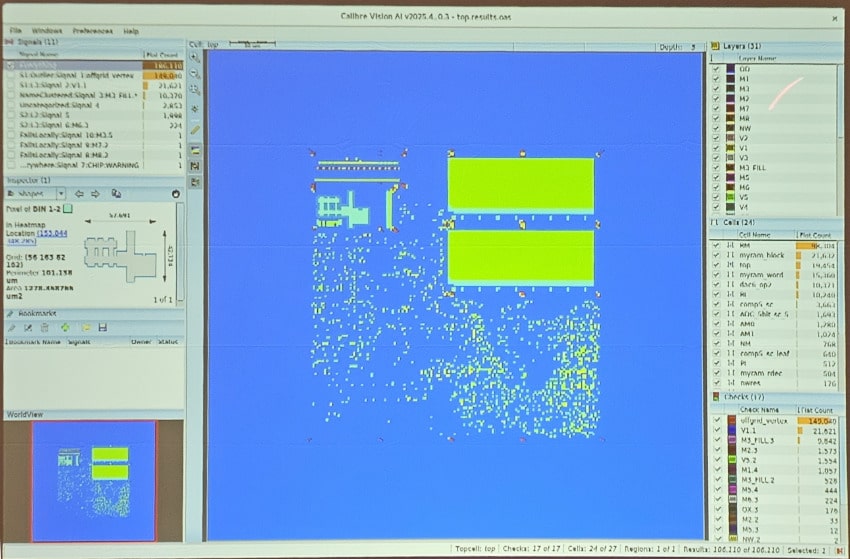


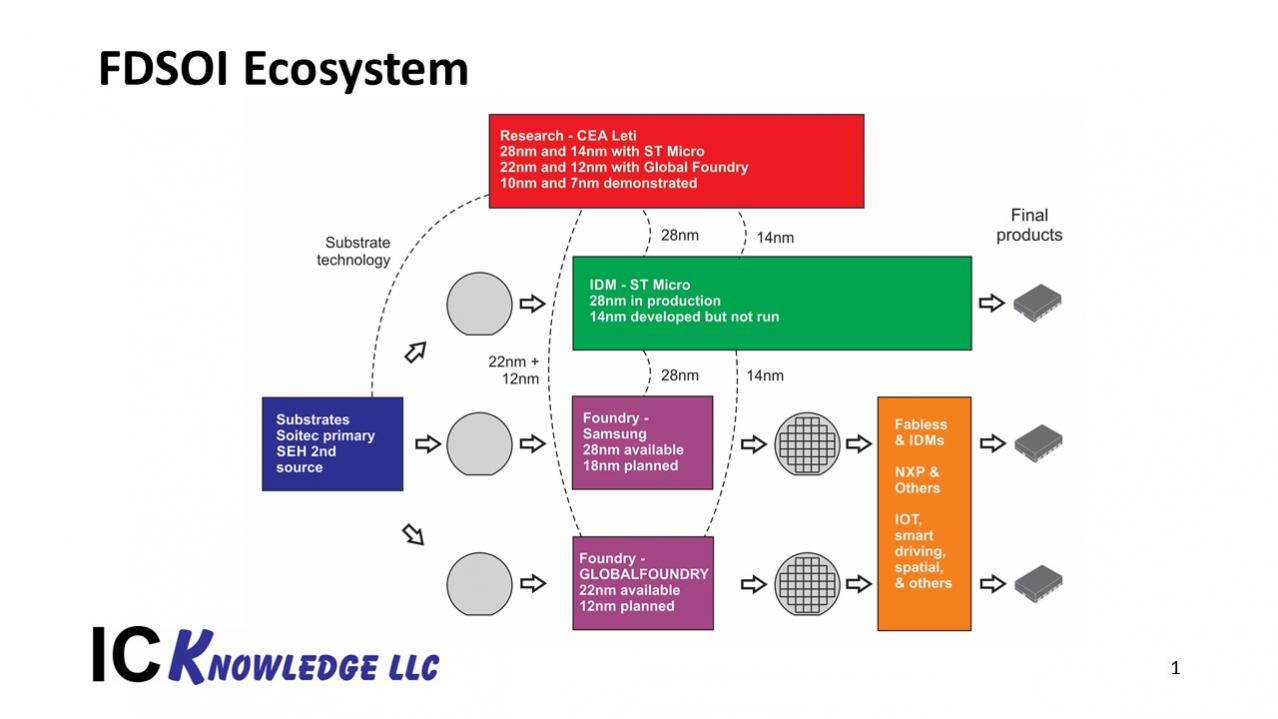
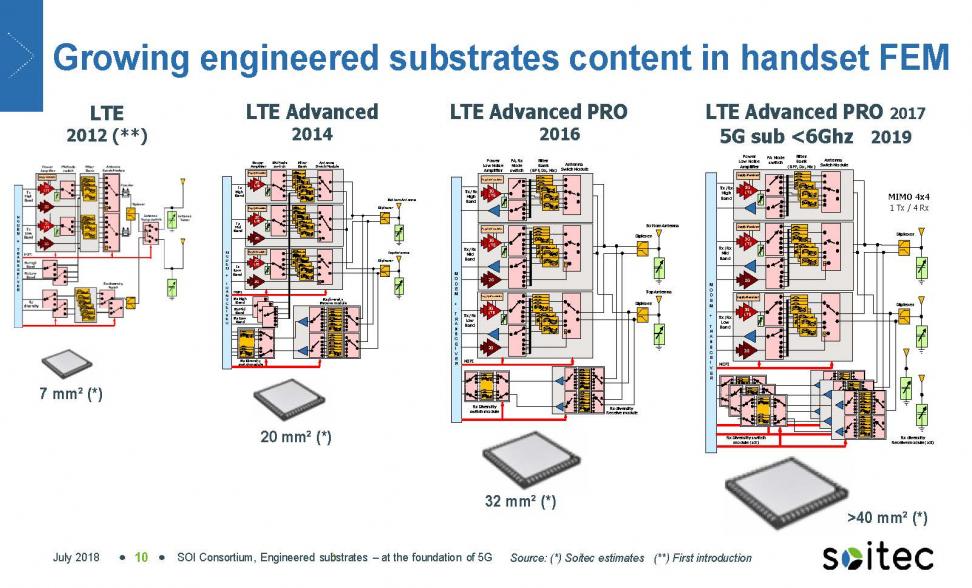


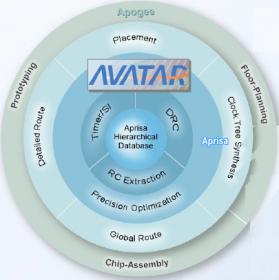
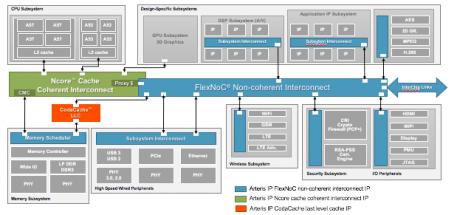
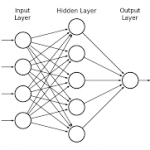
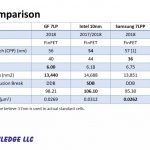
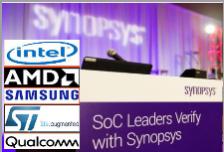
Musk’s new job as Samsung Fab Manager – Can he disrupt chip making? Intel outside